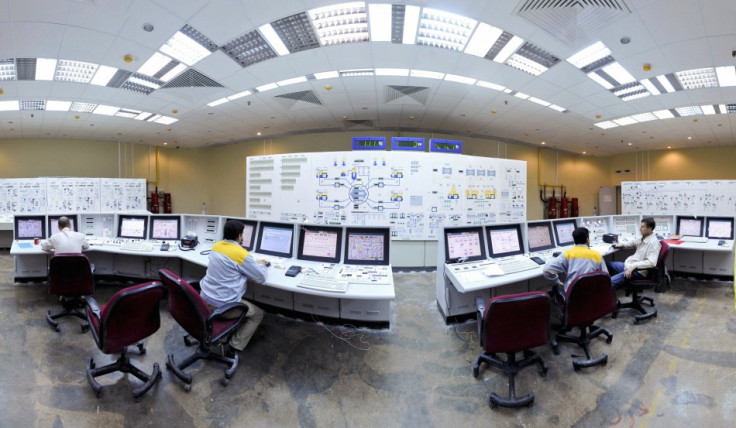Iran Denies Nuclear Aim of Wiping Israel off Map

A top adviser to Iran's Supreme Leader has insisted the Islamic republic does not want to wipe Israel off the map and said nuclear weapons would be more of a nuisance than an asset.
In an exclusive interview with CNN, Mohammad Javad Larijani responded to comments attributed to Iranian president Mahmoud Ahmadinejad in 2005, suggesting Israel should be wiped off the map.
Larijani said Ahmadinejad's comments were "definitely not" meant in a military sense and did not reflect the Iranian approach or policy.
In the last few months, tensions between Iran, Israel and the US have escalated over the former's refusal to stop its nuclear programme.
Western powers fears Tehran will use its nuclear enrichment programme to build weapons.
Larijani said: "I am one of the most outspoken people favouring a dialogue with the United States.
"Even with your fiercest enemy, you should have a line of dialogue and sit down and talk."
Larijani, who is a close friend of Ayatollah Ali Khamenei, insisted that Iran had no intention of using its uranium enrichment programme to build nuclear weapons. Khamenei himself had imposed a fatwa on such activities, Larijani claimed.
He denied nuclear experiments were being conducted at the country's Parchin military complex, about 30km (19 miles) southeast of Tehran, and insisted nuclear weapons would be more of a nuisance than an asset for Iran.
The West's unease over a possible military dimension to Iran's nuclear capabilities was magnified in February after a team from the International Atomic Energy Agency (IAEA) said Iran had refused to allow its inspectors to visit the Parchin facility.
The Iranian ambassador to the IAEA, Ali Asghar Soltanieh, refuted the allegation.
"After the second round of talks, we agreed to the IAEA visiting the facilities, where it was alleged that strong explosive materials had been tested, but the agency's delegation returned to Vienna without paying a visit to the nuclear sites," the Iranian Students News Agencyquoted him as saying.
Larijani warned that efforts need to be made by both sides.
"The equation is simple. The Western community can ask us for more transparency. What we want in place of that is cooperation," he explained.
When asked whether Iran was still contemplating the possibility of closing the Strait of Hormuz in the event of an attack on Iran, Larijani was elusive.
"Here I want to copy the wording of President [Barack] Obama," he said. "Every possibility is on the table."
The interview with Larjani took place against a backdrop of mounting speculation that Israel was preparing for an attack on Iran.
Prime Minister Benjamin Netanyahu's visit to Washington was seen by some analysts as an attempt to drum up support for a potential strike.
"They should understand that because the international community has applied so many sanctions, because we have employed so many of the options that are available to us to persuade Iran to take a different course, that the window for solving this issue diplomatically is shrinking," Obama said.
Prime Minister David Cameron told NBC in Washington that he was opposed to a strike on Iran.
"It's very, very important [Israel] knows it has strong allies like America, like the United Kingdom, but I don't support action now because we've got more road to run in putting in place sanctions and putting in place tough measures against the regime and saying to them they need to take a different path," Cameron said.
© Copyright IBTimes 2025. All rights reserved.





















